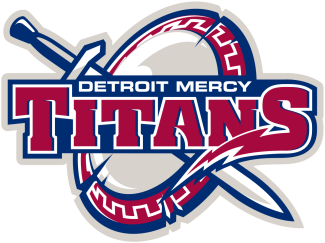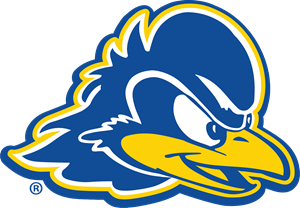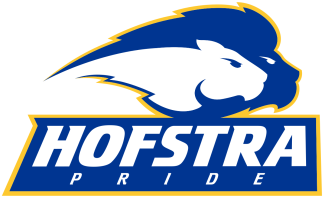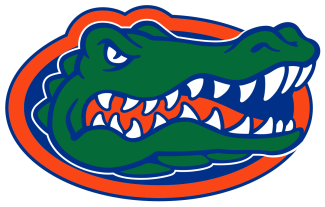Little wonder Yale’s only two first-half goals came on an extra-man opportunity and into an open net after Rode was drawn into a scrum on a ground ball behind the crease.
The Bulldogs’ lone hint of a rally emerged when they scored two quick goals to open the second half. But senior Ryan Conrad scooped up a ground ball off the ensuing faceoff, scurried downfield and fired a dart past Yale goalie Jack Starr (nine saves) to kick off a five-goal spurt.
The Cavaliers actually held time of possession advantages in each of the first three quarters en route to building a lead that ballooned to 12-5. From there, it was a matter of managing the clock — something Virginia struggled with in coach Lars Tiffany’s first two seasons.
“We played smart in terms of possessing the ball,” Tiffany said. “When we got here to Virginia three years ago, we were playing a frenetic, fast pace. While that was fun, it wasn’t really successful. We were able to manage the shot clock really well throughout the season. The pinnacle of that was how we did it today.”
With it came Virginia’s first championship moment in eight years, which featured an unexpected downturn from one of the sport’s bluebloods. After the Cavaliers claimed a title on a sweltering Baltimore afternoon in 2011, they managed a quarterfinal appearance the following year before falling into a fallow period of five seasons.
From 2013 to 2017, Virginia was 42-34 overall and 1-19 in regular season games against ACC teams. And after the 2016 season, the school dismissed longtime coach Dom Starsia — the architect of four national championship teams — and hired Tiffany away from Brown to replace his former college coach.
But Starsia had gifted his successor a talented roster, with oodles of capable recruits already in line to arrive. Dox Aitken and Michael Kraus were freshmen on Tiffany’s first team at Virginia. Ian Laviano and Moore arrived last season.
Still, the Cavaliers had a long way to go to recapture their winning pedigree.
“Honestly, freshman year, I didn’t imagine this happening,” Aitken said. “Not because we weren’t talented. It was just how things were. We were 7-8 [the year before], hadn’t won an ACC game. There were a lot of boxes to check off before we even thought about this moment.”
But one after another fell. Virginia won an ACC game and reached the league title game last season, a year that ended with a loss to Loyola in the first round of the NCAA tournament.
This year was even better, with the Cavaliers picking off ACC regular season and tournament titles after overcoming a rough start that included a 17-9 loss to Loyola on the first day of the season and an unexpected one-goal loss to High Point two games later.
“It was a little bit of getting better bit by bit, but at the same time, it was sort of more playing as a team,” long pole Jared Conners said. “We have a lot of alpha males on this team, a lot of guys who know they can get the job done. In the beginning, we sort of played separately and played to our strong talents. We knew we had to bring it together and play as a unit.”
Part of Virginia’s evolution was becoming one of the few teams in Division I that aimed to play at a more methodical pace with the advent of the shot clock. The Cavaliers’ strength was maximizing obvious offensive talent in basic ways. Moore became the first 40-40 player in school history. Four offensive starters finished with at least 50 points, with Conrad falling just shy with 49.
Tiffany, who needed a decade to build Brown into a final four program, and his staff didn’t need half that time to do the same in Charlottesville.
“It’s a testament to them buying into us and not just taking the first three years to settle in,” Kraus said. “They attacked it from the start. They gave us some free rein the first year. The second year we started to settle down a little bit. This year, you could just see how much we matured.”
Maturity was one of Monday’s watchwords. So was toughness. Rode was exceptional early on and steady the rest of the way. Petey LaSalla won only four faceoffs against Ierlan, but turned two of them into goals. Even with the disparity at the X, Virginia held a 48-46 ground ball edge. Its ride forced Yale into eight bungled clears.
“What a venue to play probably our best complementary lacrosse game that we could ask for,” Kirwan said. “Top to bottom. Offense. Defense. Faceoffs. Goaltending. Rides. Clears.”
It all came together for the Cavaliers, on no one’s timetable but their own. They kept winning overtime games, kept building over the course of a season. Externally, it seemed like Virginia was poised to take a step forward, and the trip to Philadelphia validated that analysis.
But the Cavaliers didn’t wait to seize the moment, instead controlling their chaos and adding to the rich tapestry of a program that had taken some victory laps on Memorial Day in the past — and now, it seems, will be a regular contender for more for the foreseeable future.
“It feels great,” Conners said. “It’s going to be awesome talking to alumni and being able to see a smile on their face knowing we’re back.”


























































